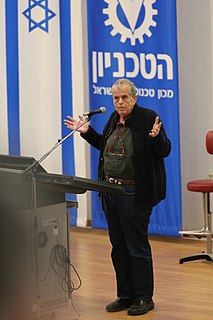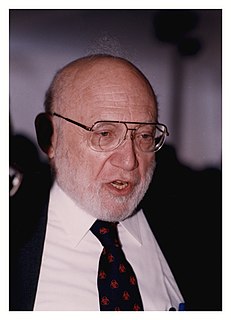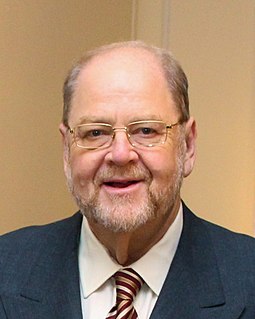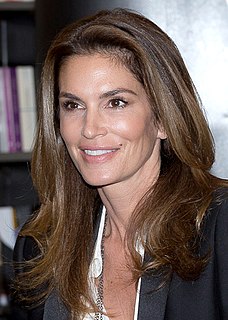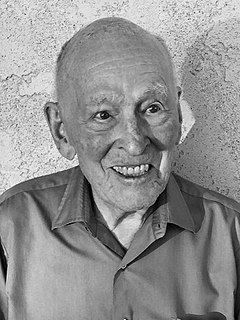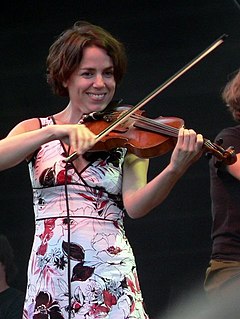Цитата Урсулы Гуденаф
Биохимия и биофизика — это записи, необходимые для жизни; они сговариваются вместе, чтобы создать реальную единицу жизни, организм. Промежуточный уровень, аккорды и темпы, связан с тем, как биохимия и биофизика организуются, организуются, разыгрываются в пространстве и времени, чтобы создать существо, которое растет, делится и существует.
Связанные цитаты
Возможно, в более раннее время, где-то во вселенной, цивилизация развилась, вероятно, каким-то дарвиновским путем, до очень, очень высокого уровня технологий и создала форму жизни, которую они, возможно, посеяли на этой планете. И я полагаю, что вы могли бы найти подтверждение этому, если вы посмотрите на детали биохимии, молекулярной биологии, вы могли бы найти подпись какого-то дизайнера.
По мере взросления чувство обособленности постепенно ослабевает. Старые люди не живут на уровне эго. Их беспокоит не их индивидуальность, а река жизни, семья, сообщество, нация, люди, животные, природа, жизнь. Они могут легко умереть, если уверены, что жизнь будет продолжаться позитивно, ибо они снова чувствуют себя частью реки, а вскоре станут частью океана. Когда они очень стары, они принадлежат уже не нашему времени и пространству, а всему времени и всему пространству.
Вы должны будете поступать неправильно, куда бы вы ни пошли. Это основное условие жизни — быть обязанным нарушить собственную идентичность. Когда-нибудь каждое живое существо должно будет жить. Это последняя тень, поражение творения; это проклятие в действии, проклятие, которое питает всю жизнь. Повсюду во вселенной.
Я играл на скрипке, когда мне было от восьми до тринадцати, так что я мог немного читать, но если вы сейчас положите передо мной музыкальное произведение, я, вероятно, буду знать ноты, но не время, как они надо играть, а я просто не умею читать аккорды. Если бы я застрял с этим, у меня, вероятно, было бы больше работы.

